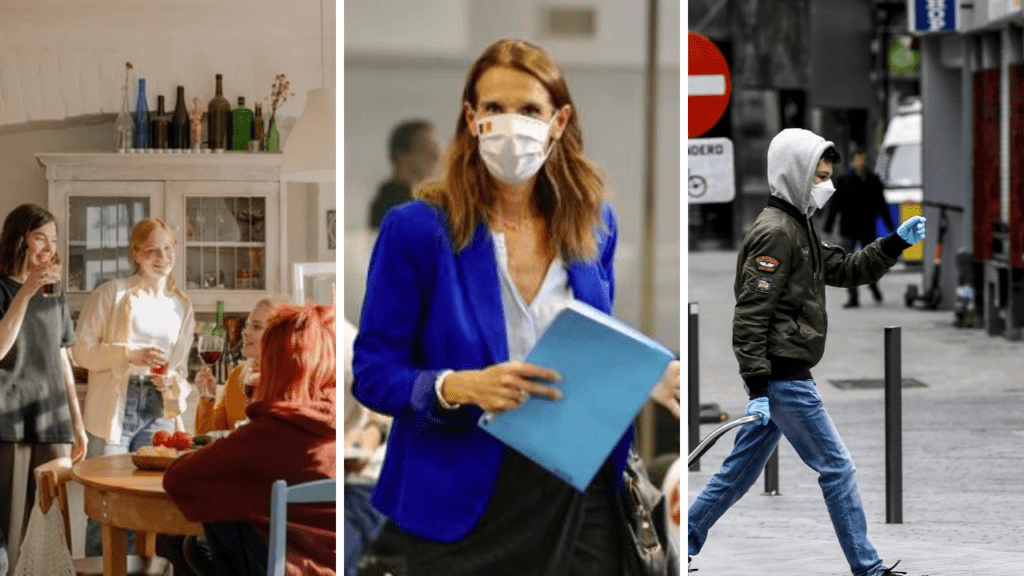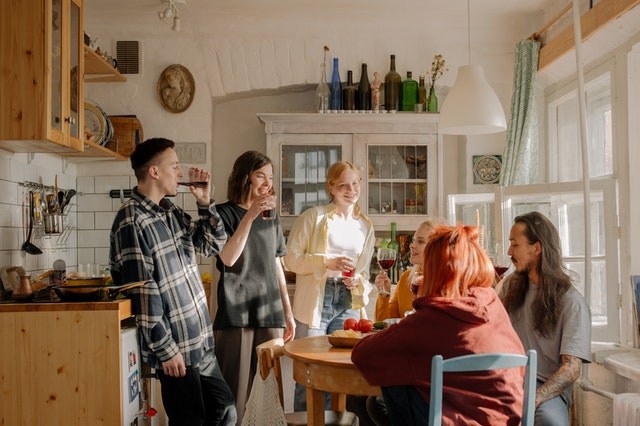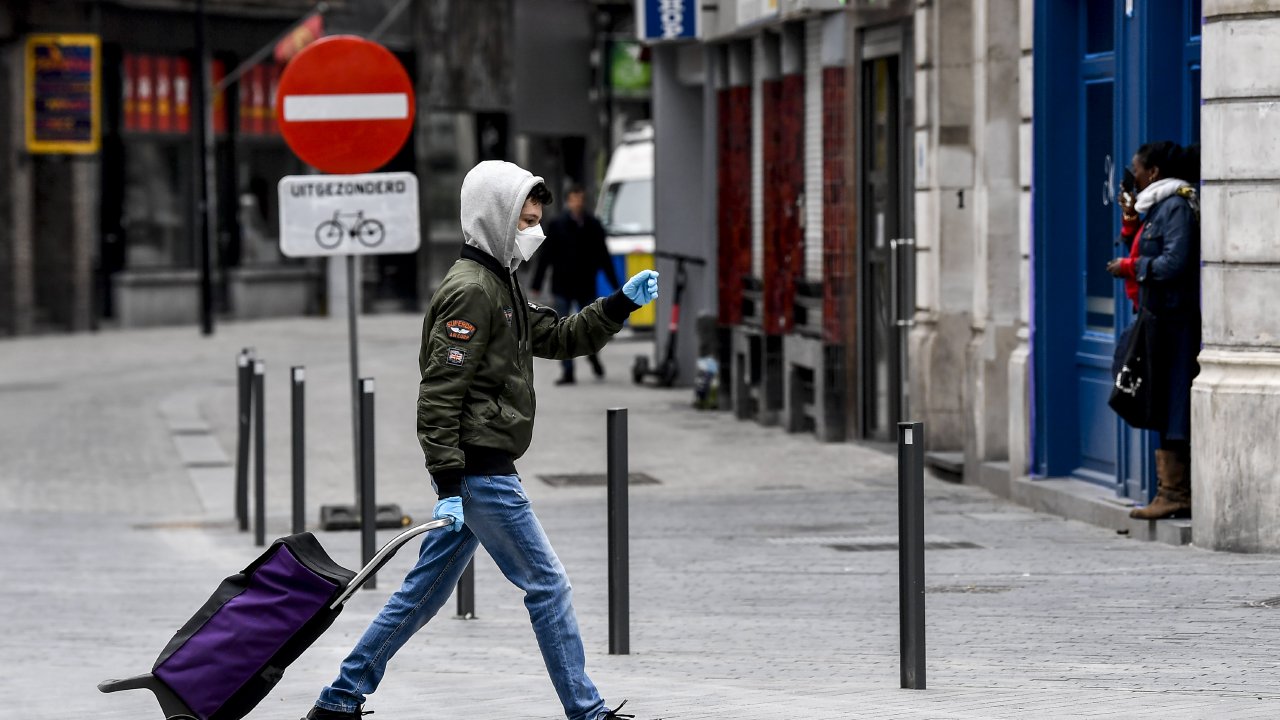Belgium's coronavirus strategy was turned on its head yesterday with the news that the country would be collectively easing several measures, in an unexpected move that has been facing criticism from experts and citizens alike.
Vocal virologist Marc Van Ranst was one of the first to speak out, expressing his disappointment after the news that the National Security Council decided to relax several measures. “When you see the figures, this is certainly not the time to relax. It does not take a great virologist to predict that the figures will increase further in the coming weeks,” Van Ranst told VRT.
So what changed?
The National Security Council decided to abolish the concept of the "bubble of five" to limit people's social contacts. From now on, every person - not household - will be allowed to have five close contacts, and see everyone they want, if they keep their distance.
On top of that, professionally organised gatherings no longer have a maximum number of guests, the mandatory quarantine period has been shortened, people returning from orange zones will no longer be asked to get tested, and face masks rules will be relaxed from October.
Want more info? Just look at item 1. Want other news? Just keep reading.
Belgium in Brief is a free daily roundup of the top stories to get you through your lunch break conversations. To receive it straight to your inbox every day, sign up below:
1. What changed in yesterday's NSC ?
Belgium has again changed the measures in place to curb the spread of the coronavirus in the country, here's what changed.
2. Explained: Belgium’s new way to limit social contacts
On Wednesday, Belgium’s National Security Council replaced to so-called “bubble of five” with a new system based on a “reference number” to limit people’s social contacts and prevent the further spread of the coronavirus.
The general advice remains to limit your social contacts as much as possible. However, as that means something different for everyone, experts have proposed the use of a “reference number.”
The number will vary from 1 to 5, depending on the epidemiological situation, and serves as advice on how many close contacts a person – no longer a household, as was the case with the bubbles – can have. Read more.
3. Belgium moves on to final step in government formation
President of the francophone socialist party Paul Magnette and Deputy Prime Minister Alexander De Croo were appointed co-formators by the king on Wednesday in a new step towards the formation of a federal Belgian government.
This marks the first time since 27 May 2019, 486 days later, that politicians reach the formation stage, which is usually the last step before forming a full-fledged government. Read more.
4. Belgium breaks 1,400 new coronavirus infections per day, hospitalisations rise sharply
An average of 1,425.3 people per day tested positive for the new coronavirus (Covid-19) in Belgium during the past week, according to the latest figures by Sciensano on Thursday.
The trend of new infections per day increased by 62% over the 7-day period from 14 to 20 September. Additionally, 140 infections were confirmed per 100,000 over the past two weeks, which is an increase of 138% compared to two weeks earlier. Read more.
5. Belgium should have delayed relaxing coronavirus measures by one week, expert says
The relaxing of coronavirus measures announced on Wednesday came a week too early as a key tool to allow governments to assess the situation is not ready yet, one expert said.
Maarten Vansteenkiste, a psychologist advising the Celeval experts’ cell guiding the government’s coronavirus response, said the NSC should have been postponed by a week. Read more.
6. Covid-19: Universities ask students not to follow new relaxed rules
The University of Antwerp has asked its students to ignore the relaxation of the coronavirus rules announced yesterday by the National Security Council (NSC), and to continue as before to help stop the spread of the virus.
The plea comes in an open letter authored by rector Herman Van Goethem and co-signed by the dean of the medical faculty Guy Hubens and scientists Herman Goossens, Erika Vlieghe and Pierre Van Damme. Read more.
7. ‘Strict rules do not help if they are not obeyed,’ says De Block
Belgium’s Federal Health Minister Maggie De Block hopes that the new rules to curb the spread of the coronavirus will be better followed by the population than the previous ones.
“Everyone was calling for viable measures and prospects, that is what we decided. Strict rules do not help if they are not respected,” De Block told VRT on Wednesday after the National Security Council. Read more.
Jules Johnston
The Brussels Times



